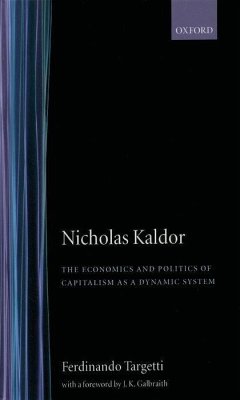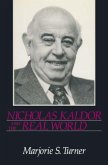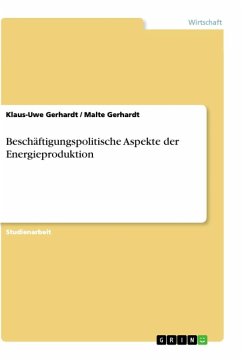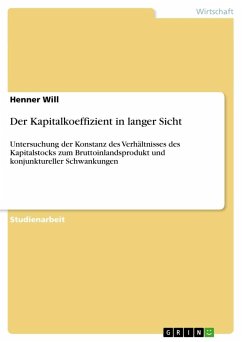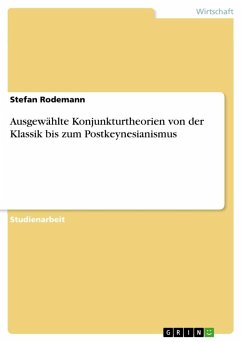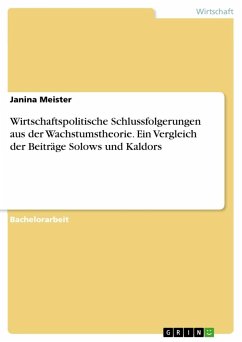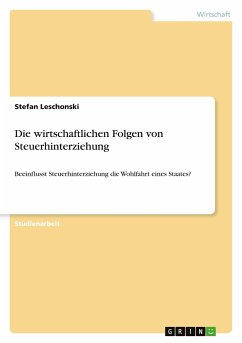Nicholas Kaldor (1908-1986) was one of this century's most original economic thinkers. His influence on British economic policy was second only to that of Keynes. This book traces the development of Kaldor's thought which underwent a remarkable evolution from his membership of the Austrian neoclassical school to his embracing of radical Keynesianism. He was quick to grasp essential changes in economic reality and to forge analytical tools to explain them. Although he was innovative from 1938 onwards, much of Kaldor's seminal work belongs to a coherent body of research which made him, together with Joan Robinson and Michael Kalecki, the leading representatives of the post-Keynesian school, an outstanding critic of the neoclassical theory of equilibrium, growth and distribution, and a convinced opponent of the monetarist school. The book also shows how economic policy and political economy were closely connected in Kaldor's work. It was this that made Kaldor one of the most lucid and radical champions of the economic policies which, by blending political freedom with social justice, have been the outstanding feature of the great European tradition of social democracy.

